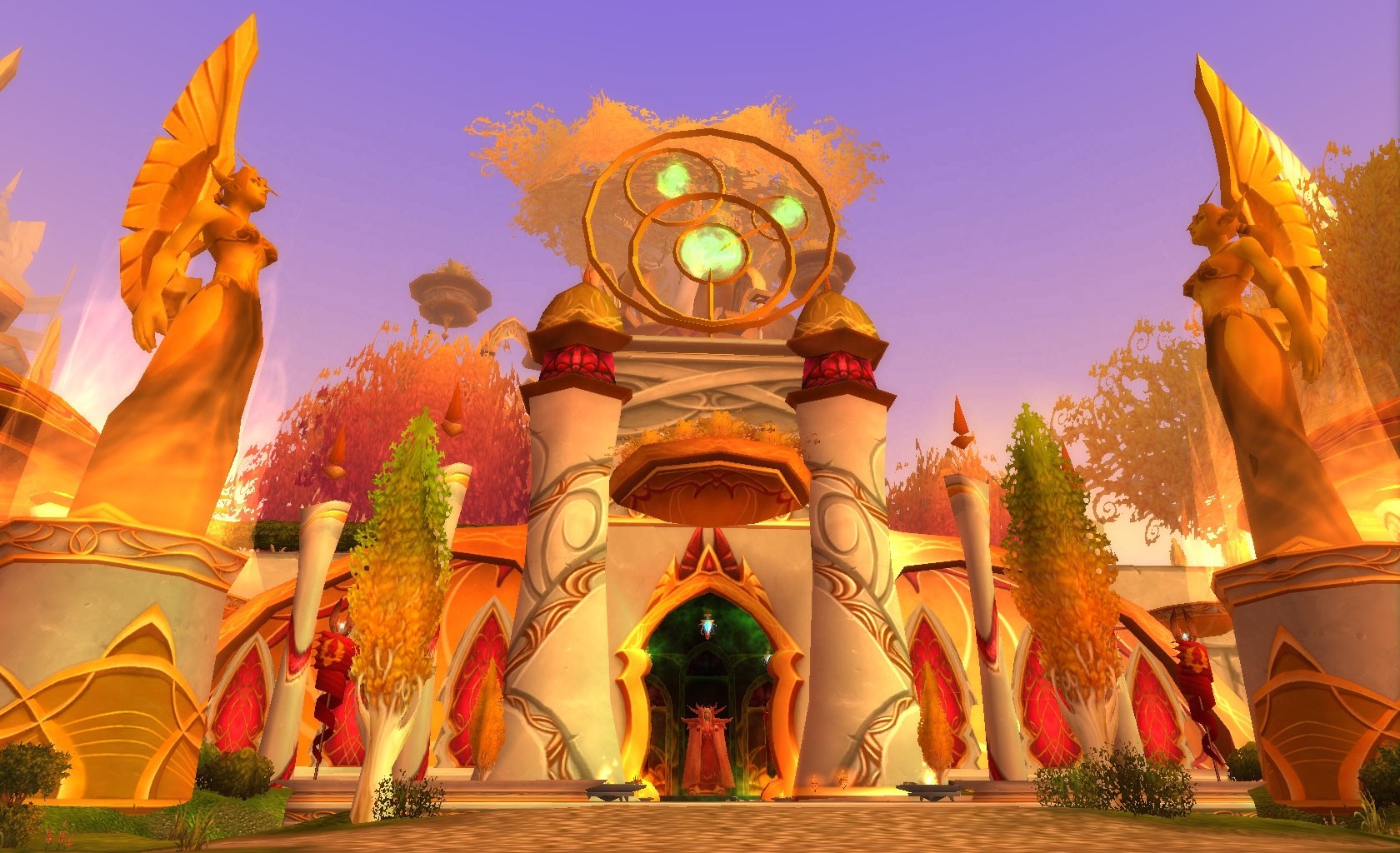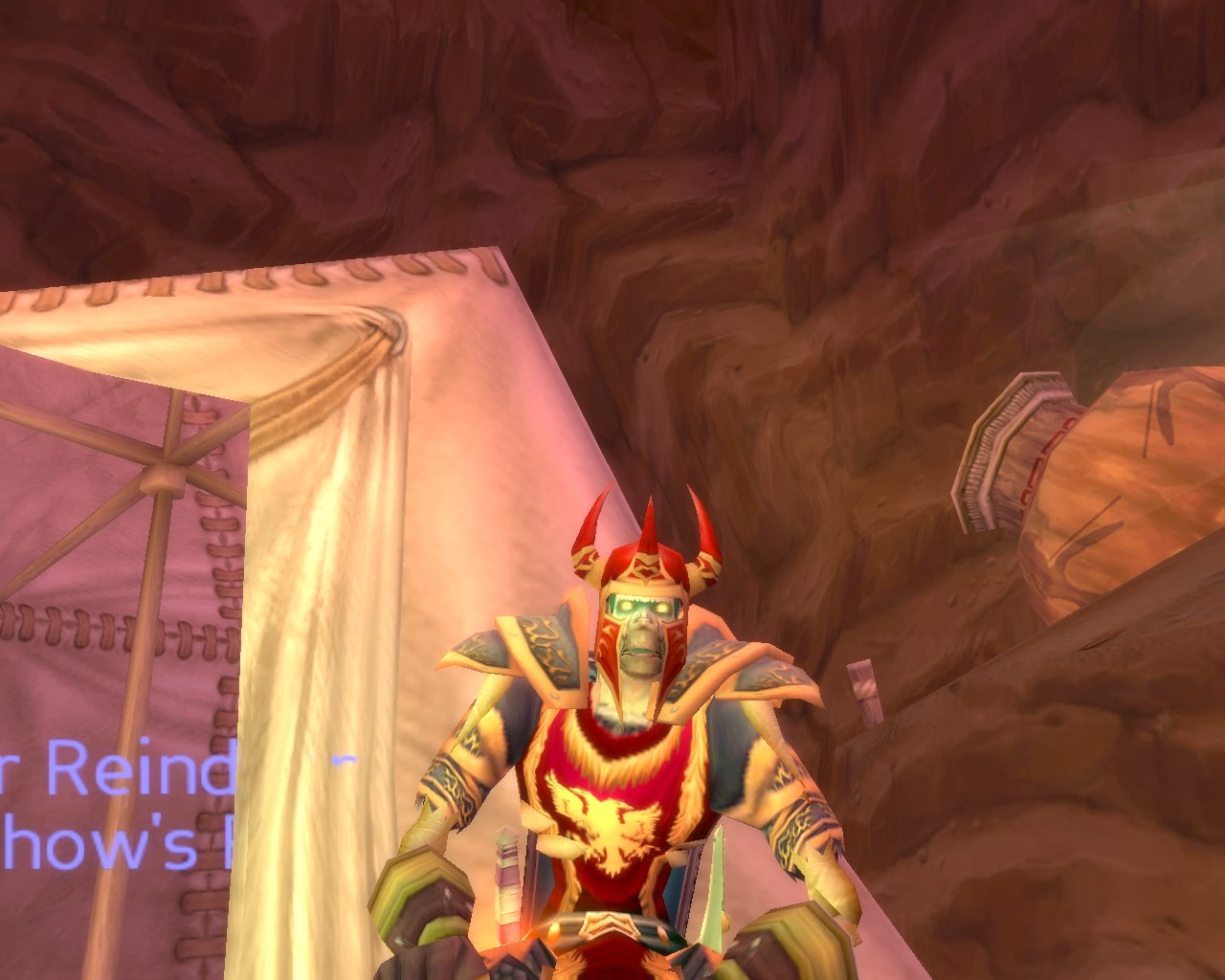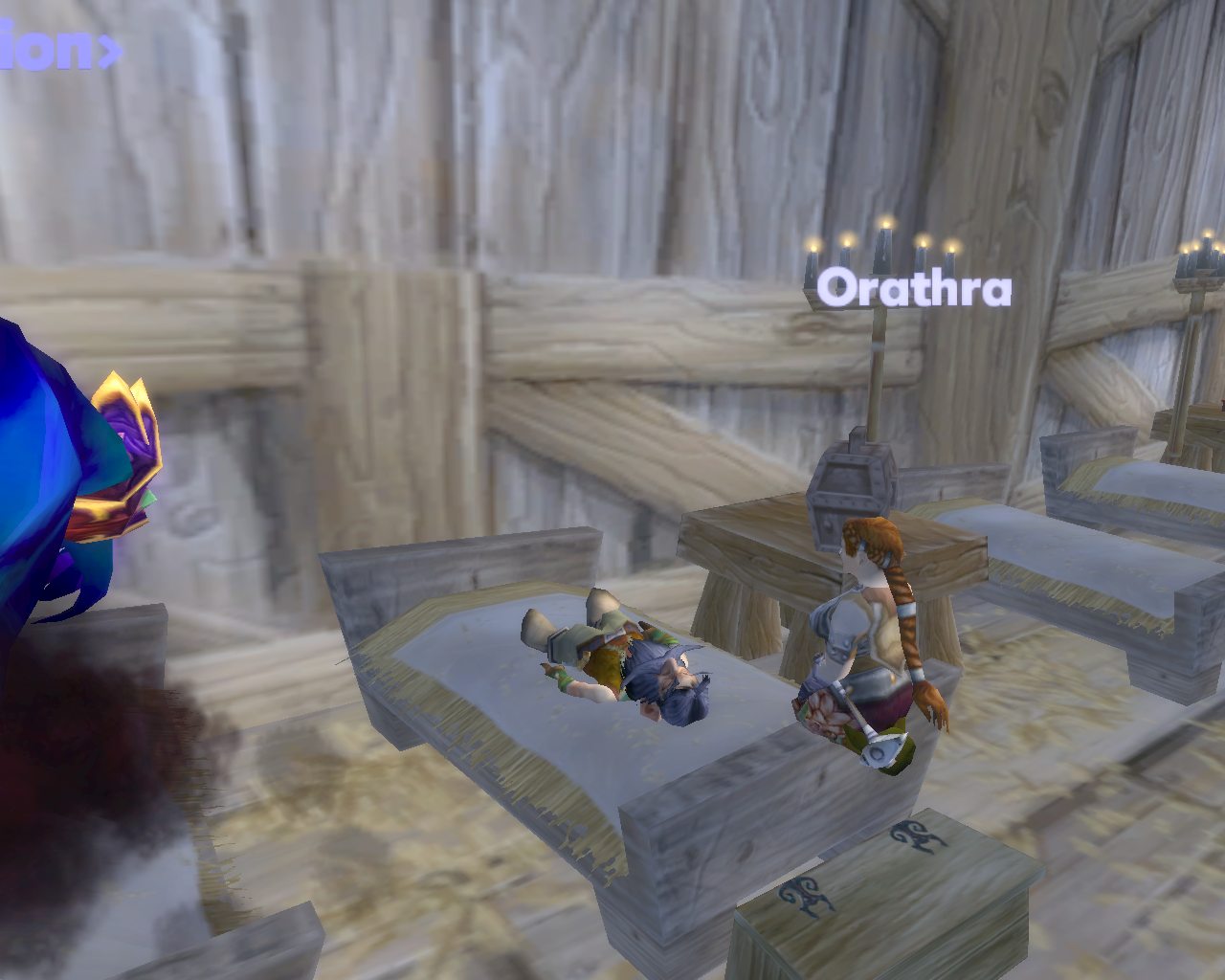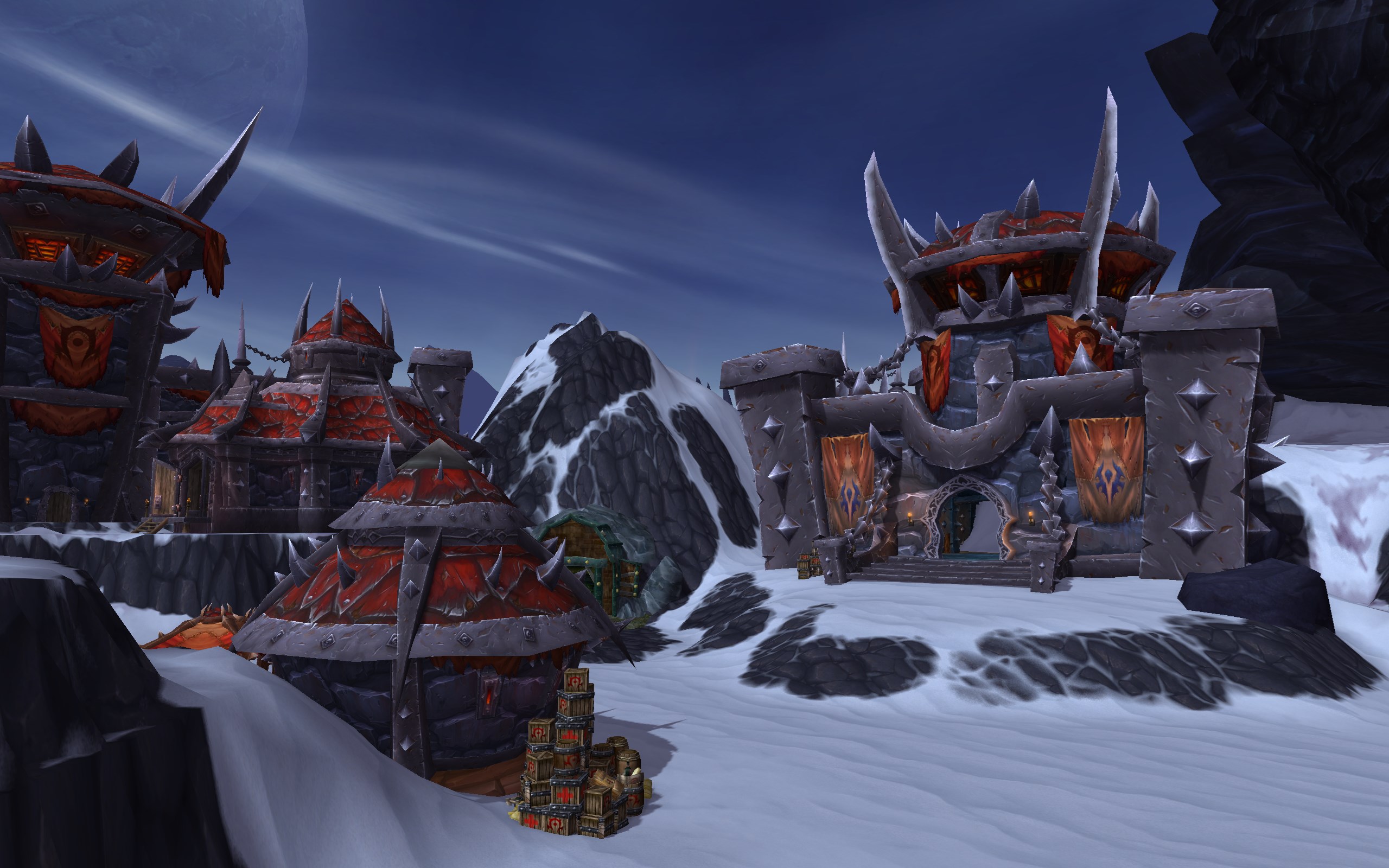This post will hopefully serve as not only a learning experience for myself and my guildies, but also for some of you. Or, perhaps it will spark a discussion and generate helpful feedback.
Quick Rewind
I need to give some quick background information for those of you unfamiliar with myself and/or my guild. We are a casual guild. We focus on providing and promoting community. We do, however, have an increased interest in raiding. Some of our members have raiding experience, but many do not.
I honestly can say I love my guild. I appreciate our members and our community. Sometimes, I get a bit anxious about trying “harder” content because I do not want people to get frustrated or discouraged that we can't flip through one-shotting everything like other guilds can. Sometimes, I feel like a parent in this respect, because I don't want to see my children fail, but I have no power to provide them with some wins to boost their confidence and self-esteem.
There are times when you experience something and it seemed incredibly frustrating and horrific at the time, but it really wasn't what your mind made it out to be. I had to take a few weeks to really go over this particular event in my mind so that I could vent out my negativity in order to sort out the lessons and positives that were there. I just had to find them.

The Event: Sunwell Plateau attempt
The Players: 17 people ranging from level 71 to 80
The Result: Made it through a couple trash pulls with multiple wipes
The Lessons:
1. Know your limitations
This covers a lot of areas, so I'll try not to crit you with a wall o' text. The Sunwell attempt was scheduled to take place roughly a week after a successful Karazhan run. Yes, celebrate successes, but keep in mind progression. Sunwell was Blizzard's toughest tuned raid and a fairly small percentage of guilds have cleared it. Am I saying we can never do it? No! But, all in due time.
Limitations to know include: your experience, the experience of your guildmates, gear, level, class composition for the raid, and number of people available to fill the raid.
Despite Blizzard's emphasis on “bring the player, not the class,” an appropriate number of people to fill certain roles still need to be considered. For example, a 10man raid cannot necessarily be made up of 2 good 5man groups stuck together. Some fights may require more tanks and fewer DPS, or fewer tanks, but more healers.
Know when to call it. Maybe have a discussion about when to call the raid, whether it's a set amount of time or a set number of wipes. Be able to recognize a significant challenge that your group is not ready to complete at this time. It is true that the definition of insanity is to keep doing the exact same thing, but expecting different results.
2. Organization
It is important to notify your guildmates of the date and time you are scheduling the raid. Post it up with enough notice so interested members can sign up or ask questions. It can be difficult to post up a day with no time, because people may be unsure about committing if they don't have a time frame. Can the time frame be tweaked? Certainly! But try to give everyone a starting point to go from.
Have an idea of what roles will be assigned, such as main tank, off-tank, who's healing who, who's doing crowd control, who's soul stoning who, etc.
3. Be prepared
I definitely would encourage every member planning to participate in a raid to be prepared ahead of time, but the leader most definitely needs to be. It can be very difficult and chaotic when no one at all has ever set foot inside the door and do not know what to expect. Don't re-invent the wheel, there's a lot of information out there on boss encounters and even about clearing trash. Make use of this so that you can explain important information to the rest of your raid. Better yet, post up that info in the sign up thread (if your guild uses a forum) so others can check it out too. No one has to have it memorized, but a general idea is very helpful. It will make learning the strategy easier if someone has an idea of what it is. It is a lot of work to try and figure out the strategy when your raid is wiping each pull.
Being prepared also means bringing food, drinks, bandages, potions, etc. Be prepared to wipe. This is very important. You'll be less frustrated about wiping and repair bills if you come to expect it. If everyone walks in thinking this is going to be a cake walk, the mood shifts quickly with the first death… with the second… and with the sixth. If you don't end up wiping, that's terrific!
4. Practice
Practice teamwork and communication. Although the game changes from 5mans to 10mans to 25mans, you can still learn to work together. With our guild being able to clear Kara, for example, that is a good “training ground” to practice teamwork. Many of us are familiar with the encounters, and we know we have the appropriate stats/gear to move through it. That makes it a good place to practice and rotate people in who have never raided before. Why do so many people dislike PuGs? Because they aren't used to working together. But don't lower the challenge of the “training ground” too much. For example, your guild can clear Kara, but Zul'Gurub would be too easy.
5. Watch for emerging leaders
This is especially helpful for guilds that do not (yet) have class and/or raid leaders. Oftentimes, more casual guilds are used to the group leader (or whoever posted the instance/raid sign up) as being the leader. While the guild leader and the officers are important, it's important that you see and recognize leaders within the guild community.
Those leaders will emerge, and how you respond to them can make a difference. If things are not going smoothly, do not publicly criticize them or be negative. We learn by doing and trying and will succeed with patience and encouragement.
6. Know when to let go of your position
To be honest, this was difficult for me that day. Some of my guildies know this and some may not have realized it. It wasn't my show to run. It was my duty, as a member that signed up and an officer, to be supportive and offer assistance as needed. Unfortunately, as I was trying to lend some help with information, I was feeling like no one was listening to me. This was not true, but I had to recognize that I needed to step back and let someone else be a leader.
Take Home Message:
Watch for leadership qualities and lessons to be learned in every situation you encounter. If you are in a position to help an emerging leader to grow, please do so. I think the above lessons were good lessons to take away from the unsuccessful raid attempt we had recently. I also think they are good lessons for anyone wanting to make a transition into raiding – whether they intend to lead it or not.






Good advice. I think the toughest part in any raid environment is learning to deal with failure. Different people will naturally do this different ways, so finding some way to put a positive spin on things is key.
Finding positives is definitely important and sometimes, you just can’t see them immediately. That’s one reason why I took so long before posting. If I would have posted it the day after, this post would have had a very different vibe. I knew I needed to step back from it.
I also forgot to note in the post that a couple days afterward, I did message the person who lead it. I told them it was good to see them take a leadership role, that I appreciated their efforts, and that I’d be willing to lend a hand (behind the scenes, if you will) to give suggestions, advice, etc. if they wanted.